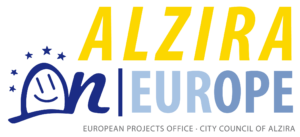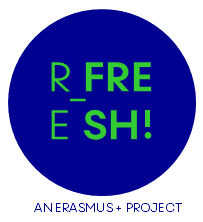
Re-Fresh!: Let's adapt to global warming with cool islands
RE-FRESH addresses one of the Eramus+ programme policy priorities i.e. environmental sustainability and fighting against climate change. Plus, it tackles two specific objectives within the VET sector, namely contributing to innovation and increasing the flexibility of opportunities. To achieve these, the project partners will mitigate global warming effects in urban areas by enabling trainers and trainees to increase their skills, by supplementing existing sillabuses, and by creating a global teaching scenario focusing on cool islands.

START DATE: 01/11/2023
END DATE: 30/04/2026
TOTAL BUDGET: 400,000.00 €
PROJECT CODE: 2023-1-FR01-KA220-VET-000166643
Description
In June 2021, as part of the Green Pact for Europe, EU environment ministers adopted conclusions endorsing the new EU strategy to adapt to climate change. One of the measures covers «nature-based solutions to help build resilience to climate change and protect ecosystems».
Heat waves are intimately linked to climate change and its interrelated rise of temperatures. Moreover, urban planning, regular building materials and city infrastructures absorb the heat amplifying the impact of those waves. Consequently, higher temperatures during a heat wave usually occur in urban areas. Logically, that causes discomfort for city dwellers as opposed to those who live in rural areas, and, if the phenomenon persists over time, it can affect human health.
In the REFRESH project, the partners would like to do their part in adapting to global warming by enabling European trainers of the building and landscape sectors to increase their skills and their competencies by supplementing existing syllabuses and providing them with tools to train the trainees with the creation of an innovative teaching scenario focusing on cool islands.
As opposed to «heat islands», cool islands are places of welcome, stopping and/or rest open to the public and are a source of refreshment compared to their immediate environment during warm or scorching hot periods. Cool islands use various solutions to reduce urban overheating and improve hte thermal comfort of citizens: «green and blue solutions» which come from the services that nature provides (trees water, etc.), «grey solutions» based on urban infrastructure (materials, orientation, etc.) and «soft solutions» relating to the uses of city dwellers.
The aim is for the partners – with their local resources and the people concerned – to transform an artificial and highly mineralised urban space into an island of freshness and learn from that experimentation. Later on, the cool islands will be used for dissemination.
Users of cool islands will be sensitized and inclusive awareness-raising device will be produced.
Project Partners


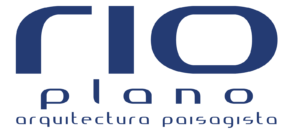

Expected Results:
- Observation grid for existing cool islands.
- Collection of best practices.
- Jobmapping of stakeholders.
- Paedagogical engineering for the Learning Training and teaching activity in Lisbon (C1).
- Video capsules produced.
- Guidelines to create, build and maintain a Cool island.
- Actual construction of the islands.
- Inclusive educational tools in-site developed.
- Matrix draft for future creations.
- Video capsules produced.
- Feedback for the guidelines.
- Competence inventory for the design, construction and maintenance of a cool island.
- Identification of competencies that are complementary to the existing repositories.
- 1 module to complete the vocational training referentials (for the construction and horticulture sector), levels 3 to 4 of the CEC.
- 1 module to complete the vocational training referential for maintenance agent, levels 3 to 4 of the CEC.
- An accessible digital paedagogical scenario for trainees of VET education, levels 3 to 4 of the CEC.
- Digitization of the scenario for a distance implementation or in hybrid mode.
Dissemination of the project


Kick-off meeting in Paris
In January 2024, a team from IDEA Alzira composed of management, training and European Projects staff travelled to Paris (France) to participate in the Kick Off Meeting of this project.
This cycle of meetings was to organise this project with a budget of 400000€; spread over 30 months for the training of teachers, the creation of cool islands and the creation of learning and certification modules for the courses given by the different participating organisations, including IDEA Alzira.
In these meetings different activities, tasks, mobilities and budget were organised, while ideas, experiences and techniques were exchanged to make the project a success.
We are looking forward to start seeing the fruits of the work!
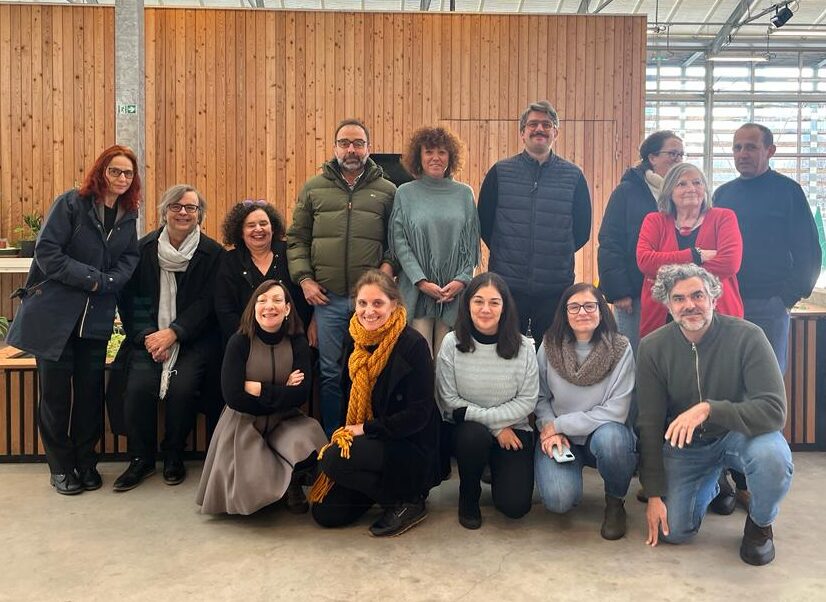
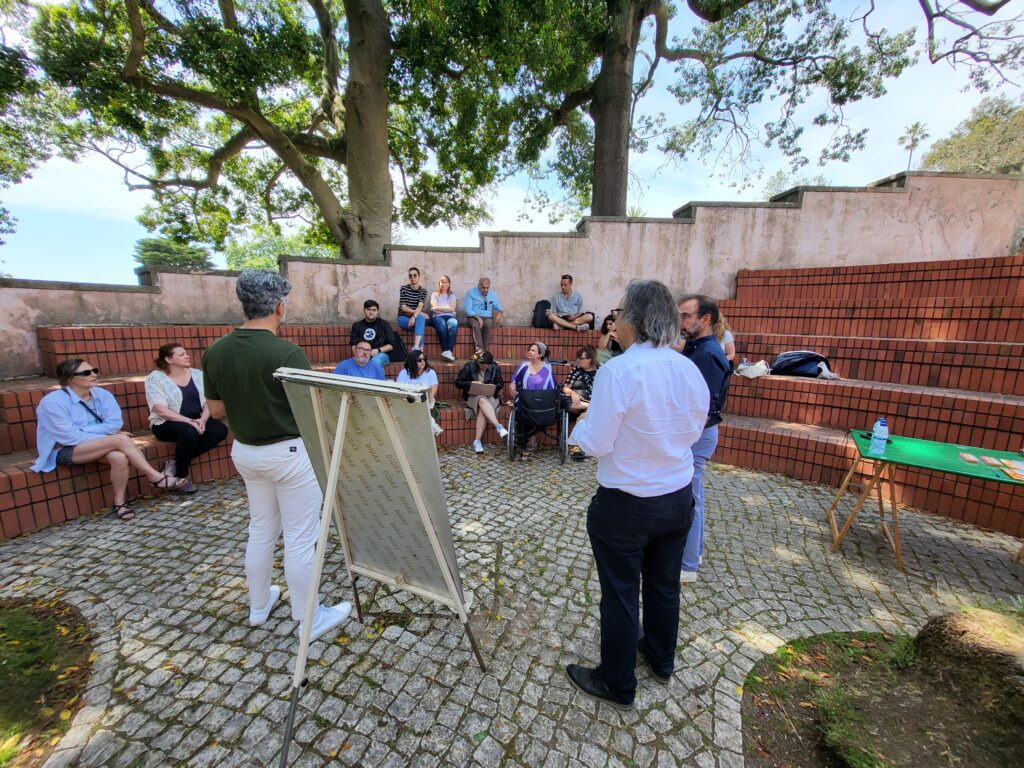
Good practices Meeting in Lisbon
In April 2024, the team from IDEA Alzira met with the other partners in Lisbon to discuss good practices for the construction of cooling islands.
These meetings took departure from an analysis of good practices across Europe and the examples were used to discuss guidelines for the incorporation of natural elements in the design of the cooling islands.
We look forward to implement the learnings from these meetings in the next steps!
Ideation Workshop at IDEA Alzira
In June 2024, IDEA Alzira hosted an ideation workshop where students in construction and gardening came up with ideas for the construction of cooling islands in Alzira.
During this workshop, the students discussed possible locations for the cooling islands, talked about which materials to use and made prototypes for the cooling islands to show what they could potentially look like.
Through this workshop, IDEA gathered many great ideas that will be used to implement the Re-Fresh! project in Alzira!
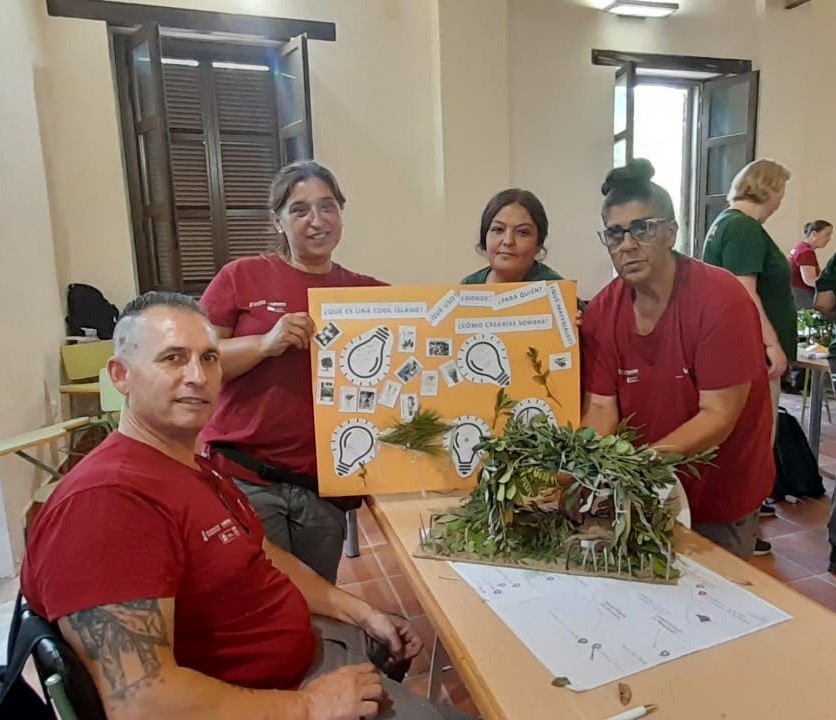

Transnational meeting in Antalya
The Refresh project continues to progress. On October 3rd and 4th, a meeting with all project partners was held in Antalya, Turkey. The results achieved so far were reviewed, and the next steps were discussed. The construction of the Cool Island in Alzira will begin soon. We will keep you updated.
International meeting in Alzira to observe the construction of the first cool island of REFRESH PROJECT
The REFRESH project partners visited Alzira for three days to learn about the construction process of the cool island in our city.
During the visit, workshops were held with IDEA students and teachers, exchanging experiences, sharing knowledge, and developing solutions to the challenges that arose during the construction of the cool island.
In the case of Alzira, the decision was made to build a prototype with reeds and rope, taking traditional construction methods and the «Valencian hut» as a reference. Local and fully sustainable materials were used.
The partners from France, Portugal, and Turkey were impressed by the motivation of the Spanish team and the involvement of both teachers and students in the project.
Learning Activity in Türkiye: Antalya Hosts the Project’s Second Training Event
From 18 to 20 November 2025, Antalya Bilim University hosted the second RE.FRESH! learning activity with partners, teachers, and students from France, Spain, Portugal, and Türkiye. The event focused on practical collaboration to develop the Turkish “cool island” on campus.
Over three days, participants took part in technical sessions and hands-on workshops, working on the island’s structure, testing natural materials, and planting to enhance shade, biodiversity, and thermal comfort. Discussions supported the exchange of methods and highlighted the project’s educational value. A field visit to Phaselis and Konyaalti Beach Park illustrated real examples of natural cooling systems and showed how cool-island principles can be applied in Mediterranean landscapes.
The event strengthened cooperation within the RE.FRESH! partnership and contributed useful insights for future training materials and teaching tools.

Erasmus+ project 2023-1-FR01-KA220-VET-000166643 “Re-fresh” has been funded by the European Commission. This document reflects the views only of the author, and the Commission cannot be held responsible for any use which may be made of the information contained therein.
